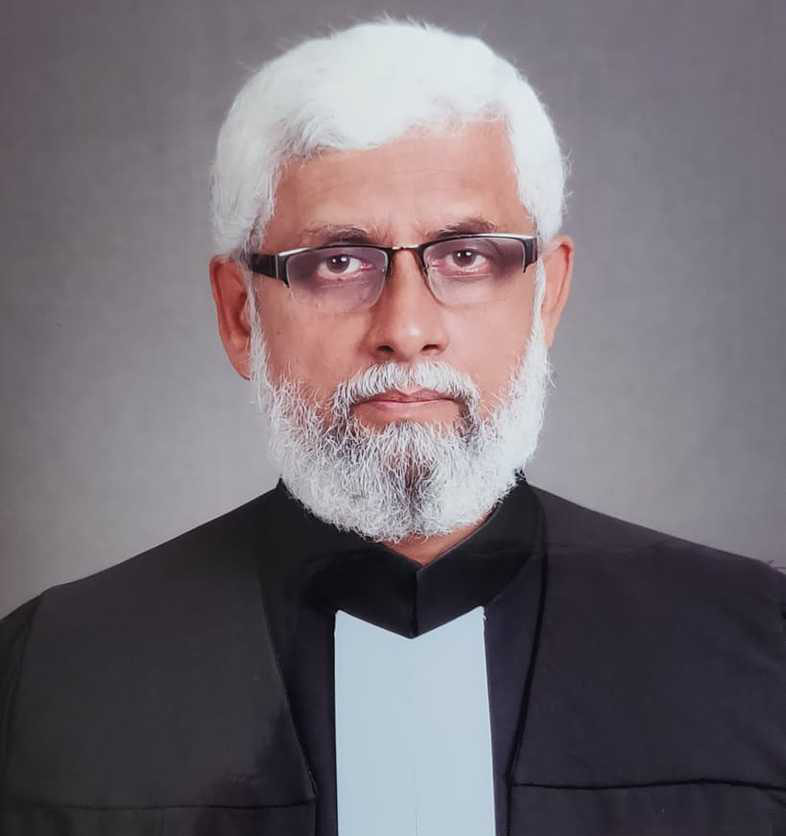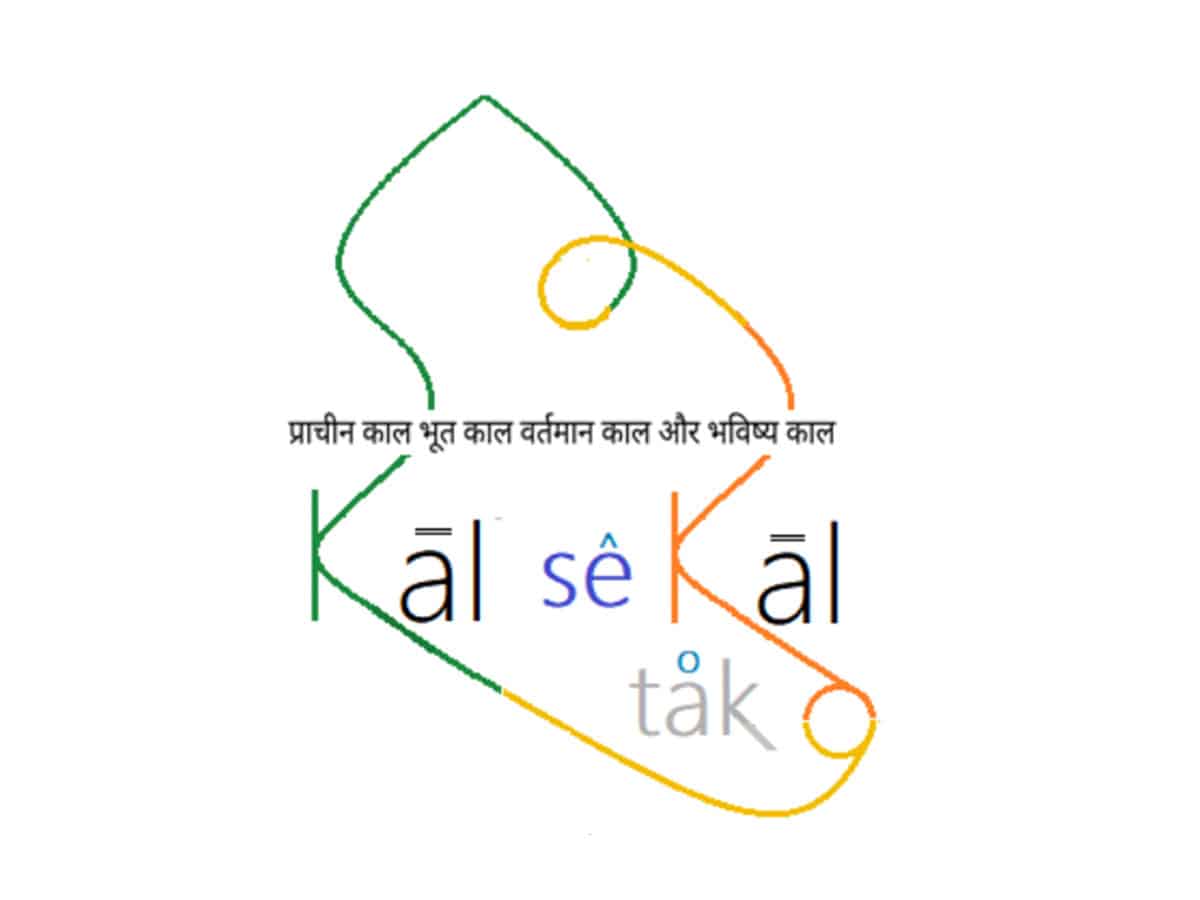
The song goes bekhudi mein sanam, utth gaye jo khadam, Aa gaye, aa gaye, aa gaye paas hum. Question is, aa toh gaye… par kahaan ?
“Follow your heart” wrote Rob Liu. “Follow the guiding compass inside that always knows which direction to go: trust it. An entire generation – slaves with white collars. Advertising has us chasing cars and clothes, working jobs we hate so we can buy stuff we don’t need. …Our great war is a spiritual war. Our great depression is our lives.” Words to weigh in gold. No, platinum.
Liu goes on: “Most people set small goals in life. We don’t set ourselves big goals because we’ll fail. But big goals are actually easier to achieve than small goals. People are inspired by big goals and will go out of their way to help you. Investors will give you money. Big goals create movements and bring together teams.”
Liu quotes Roosevelt: “It is not the critic who counts; not the man who points out how the strong man stumbles, or where the doer of deeds could have done them better. The credit belongs to the man who is actually in the arena, whose face is marred by dust and sweat and blood; who strives valiantly; who errs, who comes short again and again, because there is no effort without error and shortcoming; but who does actually strive to do the deeds; who knows great enthusiasms, the great devotions; who spends himself in a worthy cause; who at the best knows in the end the triumph of high achievement, and who at the worst, if he fails, at least fails while daring greatly, so that his place shall never be with those cold and timid souls who neither know victory nor defeat.”
Now, on the bright side, the citizen being critical is critical if society is to survive. On the dark side, being critical is critical, because it can land one in critical situations, given the atmosphere. Do we then criticise or do we look away, as Harsh Mander in his book Looking Away points out we are doing?
If we criticise we might earn accolades, and also run risks. If we don’t, we earn opprobrium of fiddling while our Romes burned, and still run the same risks. To critique or not to critique? Honestly, it is difficult to answer. I can instead cite some events that might enable understanding. A month ago I argued a matter in a court. It was decided against me. The facts were on my side. The law was on my side. Precedents including of the Supreme Court were on my side. Those precedents I had quoted.
As a lawyer I advise clients on the basis of what the law is. The law verified from statutes, was applied to the facts, and the only possible result was success. I advised the client accordingly. We ought to have succeeded. We did not. It is not without reason that I do not refer to my clients as my clients. I refer to them as my victims.What do I do? Complain?
Well a decade ago I argued a matter where fraudulent signatures and usurping of property were involved. The judge not only agreed fraud was involved, but also acknowledged it was a failure of justice for which the Court was to blame for allowing such a thing to happen. That judge was transferred routinely later, and the incoming judge decided that matter against my client… no, victim. I complained. Coincidentally, the vigilance establishment was then headed by that very person who was the same judge who had acknowledged it was a failure of justice for which the Court was to blame for allowing such a thing to happen. The judge had acknowledged fraud was obvious. The same judge was the vigilance in charge. I was certain an inquiry would result. I received a reply: “The complainant is advised to avail appellate remedy.”
Having no other go, we appealed, of course, but…that was nine years ago. Now in these nine years, property can change hands, third party interests can be created, complexities burgeon. Why do these things happen? One would be forgiven for wondering (not asking, mind you: one cannot these days afford to ruffle feathers: just wondering) why procedures cannot be streamlined, why judicial orders cannot look at the way matters will unfold in the future, ensure that till matters are disposed of property is protected…
Who says it is not so, you might ask. Well, I have faced situations where a request to require maintenance of status quo pending disposal of a petition stood declined and the property saw a spate of constructions using the money of “investors” and, when in an appellate stage a stay was sought the Court said it could not jeopardise interests of others who might have invested because of their having done so on the basis of official sanction of building permissions etc. The Court was unimpressed by the submission that leave alone an official sanction, even judicial orders are held by the supreme court to be non-est if obtained by improper means like suppression of facts, qualifying as fraud. The case continues… little solace to him whose property it is. Or was. The stock answer will be “The Court has ample power to restore the status quo ante, if your client succeeds!” Oh, the existence of the power is undoubted. It is the exercise of that power that one desires to see.
Balancing rights of those entitled to property against claims of those who might have invested because of their having done so on the basis of official sanction of building permissions etc., is there a basis for a Court to accord a higher status to those who might have invested on such basis than to those who have title?
In a case I am aware of, the Supreme Court refused a stay in similar situations, and a petition was filed seeking modification. An order was issued requiring all future transactions to record that they shall be subject to final disposal of the proceedings. The sale deeds may now contain that assertion, but in fine print. No one will bother to read the 7-point-font matter printed single space. The large brightly attractive advertisements of those property units carry no such caveat. People still “invest”… and as in the instance cited above, the case continues… Could the Court have required every ad to also carry that caveat? If it did not, can it be said it did not exercise due care and attention…
If before dictating an order courts reflect more on how the order will work as the situation evolves, they will craft better orders to ensure these instances of legal overreach are less frequent. Can judges dictate orders on the spot or, if the matter is too complex or lengthy to merit immediate dictation, draft an order and allow counsel to read it and suggest how it can perhaps be tweaked to advance the cause of justice / prevent miscarriage of justice?
Can lawyers possibly cease to be required merely to argue matters, and instead be afforded opportunity at the end of their respective arguments, to deliver a suggested draft order too so that the judges can become aware of the peculiar twists and turns a specific matter may experience as it evolves, or would that be an affront to judicial stature? An appeal takes years sometimes, or most times, and an asset locked up is an arm-twister for him whose asset it is. This is not my opinion: it has been so held in a number of judgements.
If I commit a breach, contract law requires me to compensate the aggrieved party. Compensation means putting the party in the position it would have been in had the breach not taken place. If the aggrieved party’s property was rupees fifty lakhs and is now worth sixty five, I ought to be called upon to pay up sixty five lakhs and costs. If the loss is occasioned by miscarriage of justice, and dispensing of justice is a sovereign function of State, should State not then be called upon to pay up sixty five lakhs and costs? It is not. Why?
Ought judges’ immunity to cover only actions that do not cause harm to the interests of a party, or extend to immunity from the adverse consequences of their orders, or declining of orders, on the interests of others? If I as a lay citizen am commanded to compensate one whom I may have wronged, should a judge holding position of responsibility also not be subject to the same rigour? If the response is “But that is a judge”, Mohandas Karamchand Gandhi’s retort to Kasturba comes to mind: “All the more reason!”
Laxity, a chalta hai attitude, take birth in the absence of accountability. Immunity destroys responsible conduct. We have struggled for seven decades post our independence, and we are all disappointed at the system of delivery of justice and its ineffectiveness. We need to think daringly to change the situation for the future of coming generations. We spoke in the beginning of the big goals that Liu refers to. This big goal stares us in the face. We must recognize it, and honour its demands, leaving for a future India a legacy that will ensure we are seen not as mere meek followers of whatever we found, but trail blazers who dared to innovate, experiment, devise a redressal mechanism worthy of what the Constitution makers would have done, if they had been able to foretell the future, and even better.
India’s past boasts some of the greatest judgements mankind has known. Its present pales in comparison. It falls to us to reverse the inglorious trend and shape for it a grand future.
Jai Hind.
Shafeeq R. Mahajir is a well-known lawyer based in Hyderabad.

